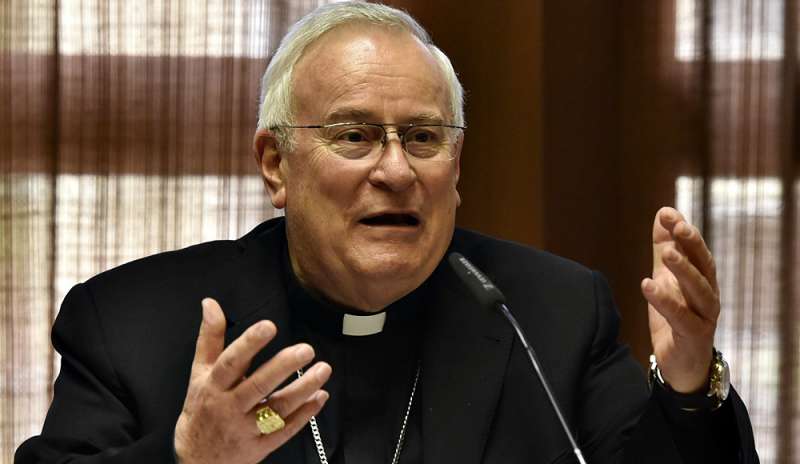ROME – After Italian Prime Minister Giuseppe Conte Sunday rolled out a week-by-week plan for returning to normal life after the COVID-19 coronavirus which did not include the lifting of restrictions on the celebration of public Masses, the bishops rallied, calling the move “arbitrary” and threatening to take matters into their own hands.
On April 26 Conte announced new guidelines for Italy’s “phase 2” of recovery from the coronavirus, beginning Monday with the reopening of agricultural and industrial companies who ship products abroad.
As of May 4, a series of projected recovery steps will begin, starting with more freedom of movement and the opening of parks, beaches and the mountains, and culminating June 1 with the reopening of restaurants, bars and hairdressers.
It was widely expected that church negotiations with the government would culminate with the lifting of bans on the public celebration of Masses and other liturgical activities May 4, however, in Conte’s announcement he said that only small-scale funerals would be allowed to be celebrated.
“For weeks the Church has been trying to convince the government to allow the celebration of the Holy Mass, but for scientists it is still too risky,” Conte said in his April 26 remarks, adding that only funerals may be held as of May 4 provided that there are no more than 15 close family members, wearing masks and maintaining proper distance.
His statement made no mention of when public Masses and the celebration of other sacraments, such as weddings and baptisms, might begin again.
In a statement issued after Conte’s address, the Italian bishops’ conference (CEI) noting that they have been in ongoing conversation with Conte and the Italian Ministry of the Interior since talk of a possible relaxation of restrictions began, making several proposals for restarting liturgical life.
RELATED: Italian bishops make proposal to government for restarting liturgical life
The Church has engaged in this dialogue “with suffering and a sense of responsibility” and has respected the limitations imposed by the government in order to deal with the COVID-19 outbreak, the bishops said.
Throughout talks, they said, “several times it was explicitly emphasized that – when the limitations assumed to face the pandemic are reduced – the Church demands to be able to resume its pastoral action.”
“Now, after these weeks of negotiation which saw CEI present guidelines and protocols with which to face a transitional phase in full compliance with all health standards, the Prime Minister’s decree passed this evening arbitrarily excludes the possibility of celebrating Mass with the people,” they said.
CEI issued a stern reminder to both the presidency of the Council of Ministers and the Technical-Scientific Committee that their primary duty is to provide “precise indications of a sanitary nature,” whereas the Church is “called to organize the life of the Christian community, in compliance with the disposed measures, but in the fullness of its own autonomy.”
“The Italian bishops cannot accept to see the exercise of the freedom of worship compromised,” the bishops said, adding, “It should be clear to everyone that the commitment to the service of the poor, so significant in this emergency, arises from a faith that must be able to nurture itself from its sources, in particular sacramental life.”
After CEI published its statement essentially threatening to sidestep the government and issue their own protocols, the Council of Ministers issued their own statement acknowledging the bishops’ position, saying that sometime in the coming days, “a protocol will be studied which will allow the faithful to participate in liturgical celebrations as soon as possible in conditions of maximum security.”
Speaking to Crux, Father Ivan Maffeis, spokesman for CEI, referred to the fact that Conte’s plan included no concrete date for when Masses will potentially begin, saying it is still “too early” to project a date.
Asked whether the Italian bishops will issue their own measures should the government continue to delay the celebration of Mass, Maffeis simply said that “we trust that negotiations can continue in that spirit of cordial and constructive collaboration which has marked these difficult weeks.”
Follow Elise Ann Allen on Twitter: @eliseannallen















